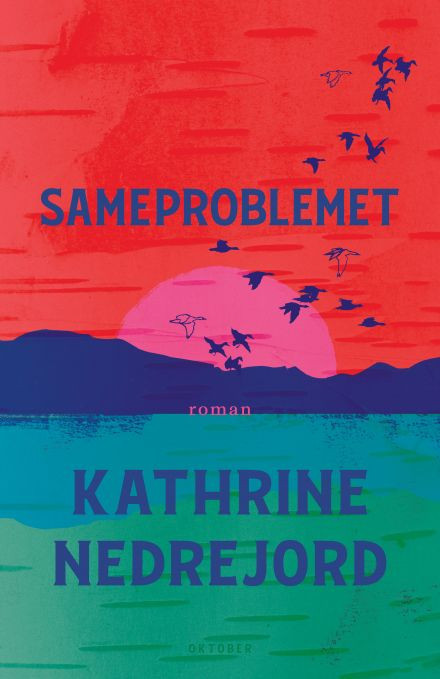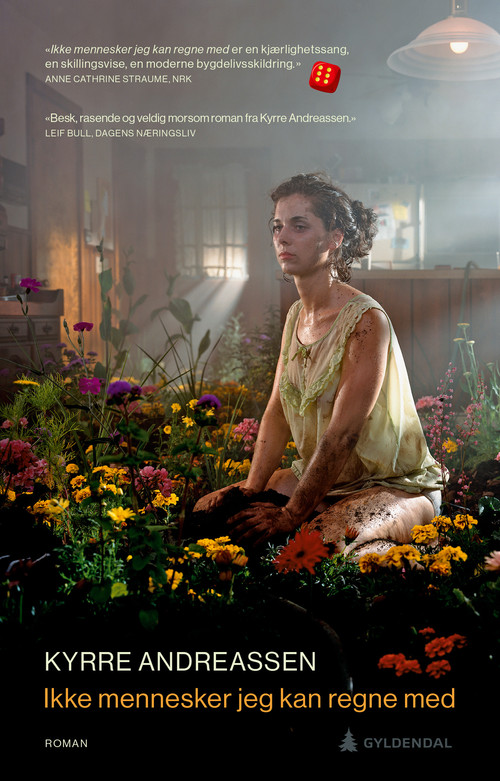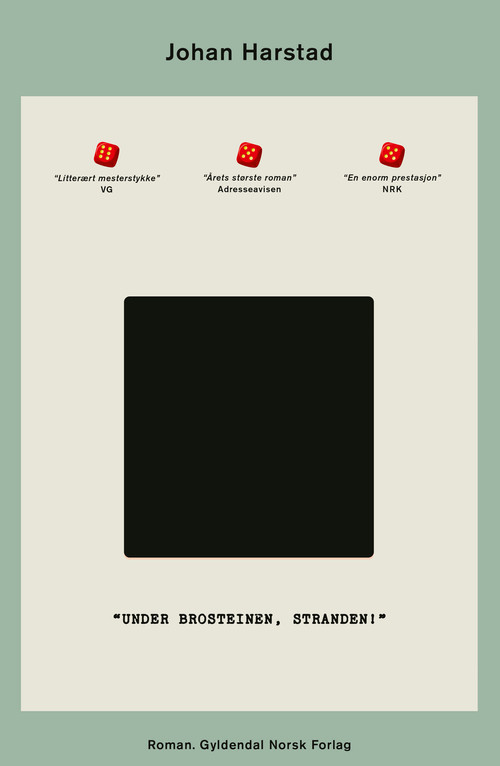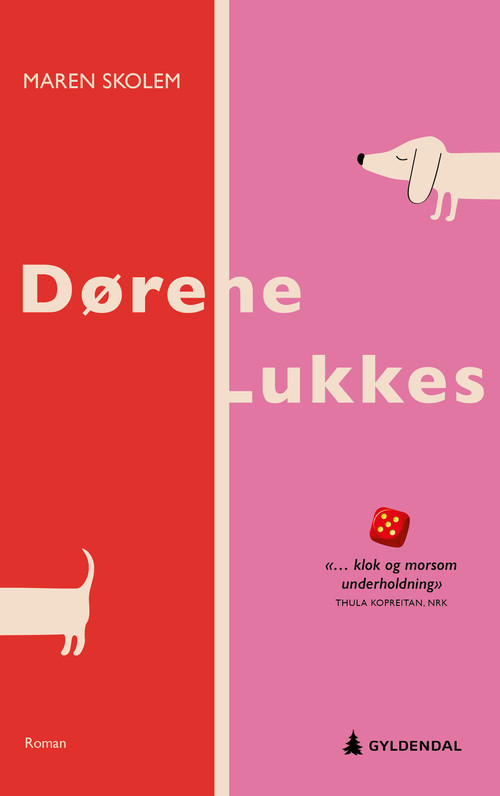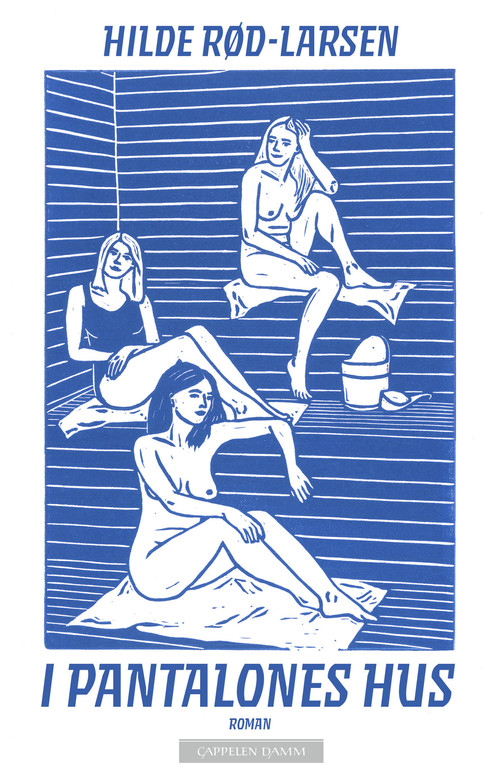One evening in Rome, in the beginning of the last century, two people meet in the street: researcher Helge Gram and painter Jenny Winge. They embark on an affair, and when they meet again in Kristiania, Helge introduces Jenny to his family. Helge’s parents are living in a sinister marriage, something Helge is clearly marked by. This becomes a heavy burden to Jenny’s and Helge’s relationship, and after a while, they split up. Jenny, however discovers that she has much in common with Helge’s father; something which in turn leads him to leave his wife. This new relationship is soon to have tragic consequences for Jenny’s life. Jenny, the novel that marked Undset’s breakthrough as a modern writer, is an intelligent novel about one woman’s dream of love and her tragic fight to make that dream come true. Undset reveals a truth that has been hard for the modern individual to accept; that there is no necessary connection between freedom and happiness.
Sigrid Undset
Jenny
Foreign rights
Oslo Literary Agency | [email protected] | www.osloliteraryagency.no
Edited December 15, 2017
by Oslo Literary Agency
Recently added Novels
2024
Kyrre Andreassen
2024
Johan Harstad
2024
Maren Skolem
2024
Hilde Rød-Larsen
2024
Carl Frode Tiller
2024
